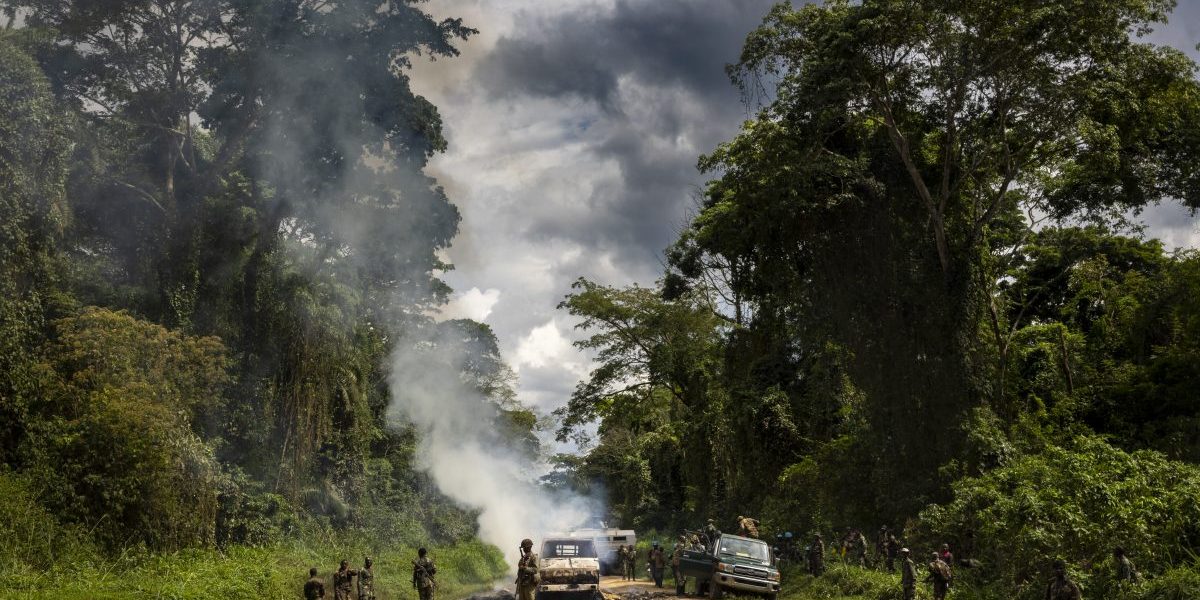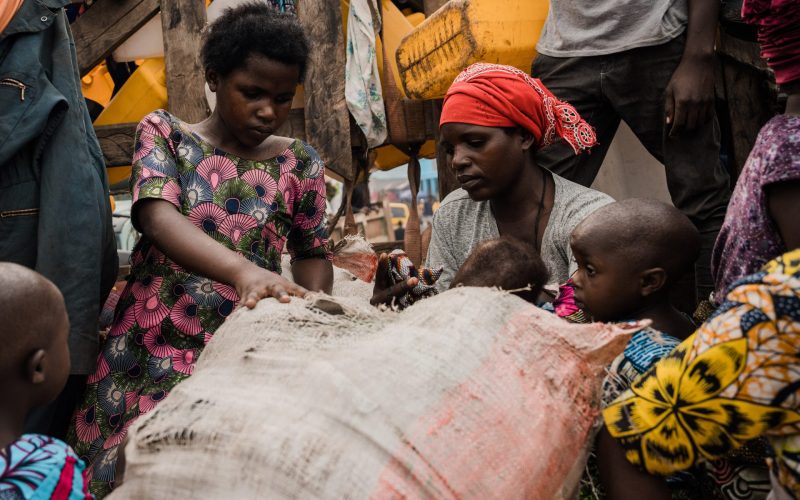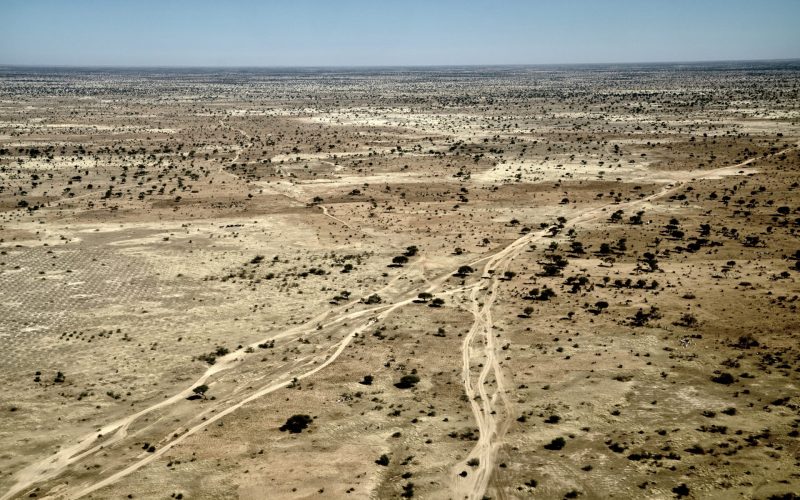In the last few weeks, President Felix Tshisekedi has taken bold steps to address insecurity in the eastern Democratic Republic of Congo (DRC) and forge new international relationships. His government’s relationships with three key partners in the region have all been in flux, and these latest steps could help change the status quo in the Great Lakes region or further cement entrenched patterns.
Kenya
Kenya is the newest player to enter the region’s complex geopolitical game. Ever since President Uhuru Kenyatta was the only foreign head of state to attend Tshisekedi’s inauguration in January 2019, the two countries have established closer relations. Kenya has continued to play an important mediating role between the Tshisekedi and his predecessor Joseph Kabila, especially as the relationship faltered. Meanwhile, its commercial interests have expanded in the DRC.
During a state visit to Kinshasa this April, Kenyatta also announced that Kenya will be deploying troops to the eastern DRC. They will form part of the UN-led Force Intervention Brigade (FIB), which is mandated to eradicate foreign armed groups in the DRC such as the FDLR and ADF.
Kenya’s new activity in the DRC has the potential to act as a positive disruptor in a region where entrenched patterns of destabilisation and distrust between neighbours have prevailed for decades. Kenya is a powerful state, both regionally and internationally. Moreover, it is driven by a different set of interests in the DRC to the likes of Rwanda and Uganda, and it is pursuing them in an overt and formal manner.
One aspect of Kenya’s involvement is that it is leading the push for the DRC to enter the East African Community (EAC), which could be realised in 2022 according to Kenyan diplomatic sources. Membership to this regional bloc would include agreeing to a non-aggression pact between all member states. As ongoing tensions between EAC countries demonstrate, neither membership nor the pact would guarantee friendly relations. But the body does provide a more rigorous and formal framework for managing relations than the weakened International Conference on the Great Lakes region (ICGLR), especially while it is under the leadership of a country such as Kenya that does not have a stake in the DRC’s chronic instability.
Uganda
After years of being somewhat sidelined, the DRC’s relationship with Uganda appears to be reinvigorated. Tshisekedi attended President Yoweri Museveni’s inauguration this May and, soon after, Uganda announced that it will be deploying troops to its neighbour to help with the fight against the ADF. The US recently designated this rebel outfit as an Islamic terrorist group. Uganda had lobbied for this and has long benefited from being seen by the US as a key stalwart against terrorism in East Africa.
Military cooperation between the DRC and Uganda is not new. Their last joint military operations were during Operation Lighting Thunder, which targeted remnants of the Lord’s Resistance Army, in 2008-2009. Those operations, which received US support, were widely condemned for the high death toll they took on Congolese civilians. They were discontinued after four months due to political pressure on Kinshasa to put an end to Uganda’s role.
A recurrence of such violence against non-combatants must be avoided at all costs. The mission should also have clearly-defined parameters and a timeframe to prevent the Ugandan army falling into old patterns of looting – especially given the state of siege Tshisekedi has decreed in Ituri and North Kivu provinces. Uganda has illegally exploited Congolese resources for decades, which is an issue that remains unresolved in the relationship between the two countries.
Rwanda
Relations between Rwanda and the DRC have improved since Tshisekedi became president. Since 2019, there have state visits between the two countries, renewed air links, and a Rwandan Ambassador in place in Kinshasa for the first time since 1998.
However, under the surface, many in the DRC are increasingly uneasy at the steady stream of official denials in Kigali that Rwanda troops have committed killings in eastern DRC. During a visit to France in May, President Paul Kagame even accused Nobel Peace Prize recipient Dr Denis Mukwege of having been “told what to say” and of being part of a conspiracy against Rwanda after the doctor called for an international tribunal in the region. At a time when Rwanda says it is committed to improving its relationship with the DRC, its denials and accusations are difficult to understand.
Rwanda has been militarily involved in the eastern DRC since 1996. Sometimes it has deployed its own army on a large scale, but its presence has more often been clandestine and taken the form of support to Congolese rebel groups. A December 2020 UN experts report suggests this pattern has persisted under Tshisekedi, despite Kagame’s denials.
A new chapter?
Having long been regarded as a driver of instability in the region, the Congolese government under Tshisekedi currently has the opportunity to recalibrate its foreign relationships in its own long-term interests. The new relationship with Kenya is a good example of this.
New dynamics such as these raise the question of whether the likes of Uganda and Rwanda will follow suit. In a best-case scenario, their involvement in the DRC would now shift from being largely informal and clandestine – and often confrontational and exploitative – to being transparent and formal. Their relations with other countries in the region, such as Kenya, demonstrate that they are capable and willing of this and it is time for this to become the norm in the Great Lakes too.








